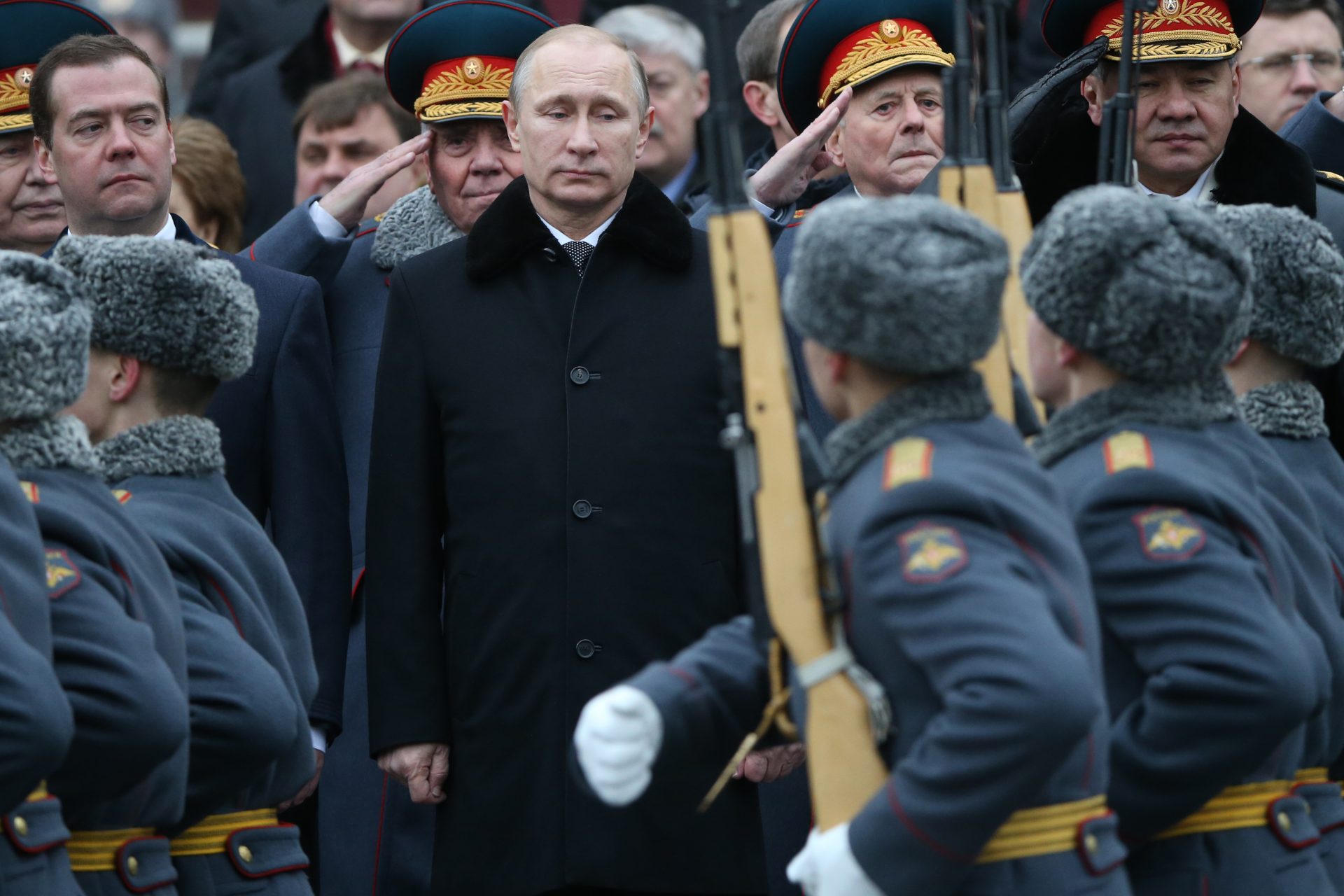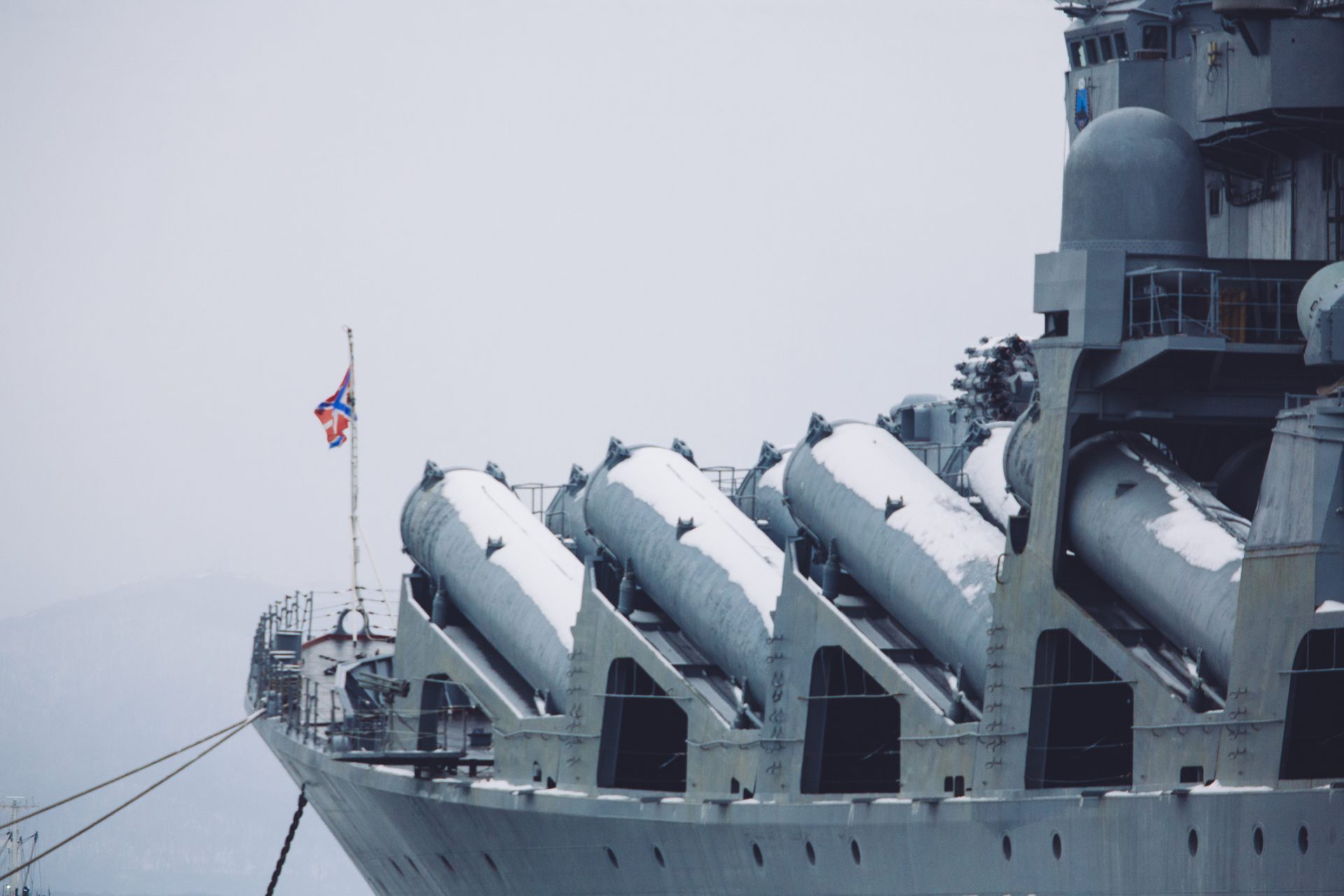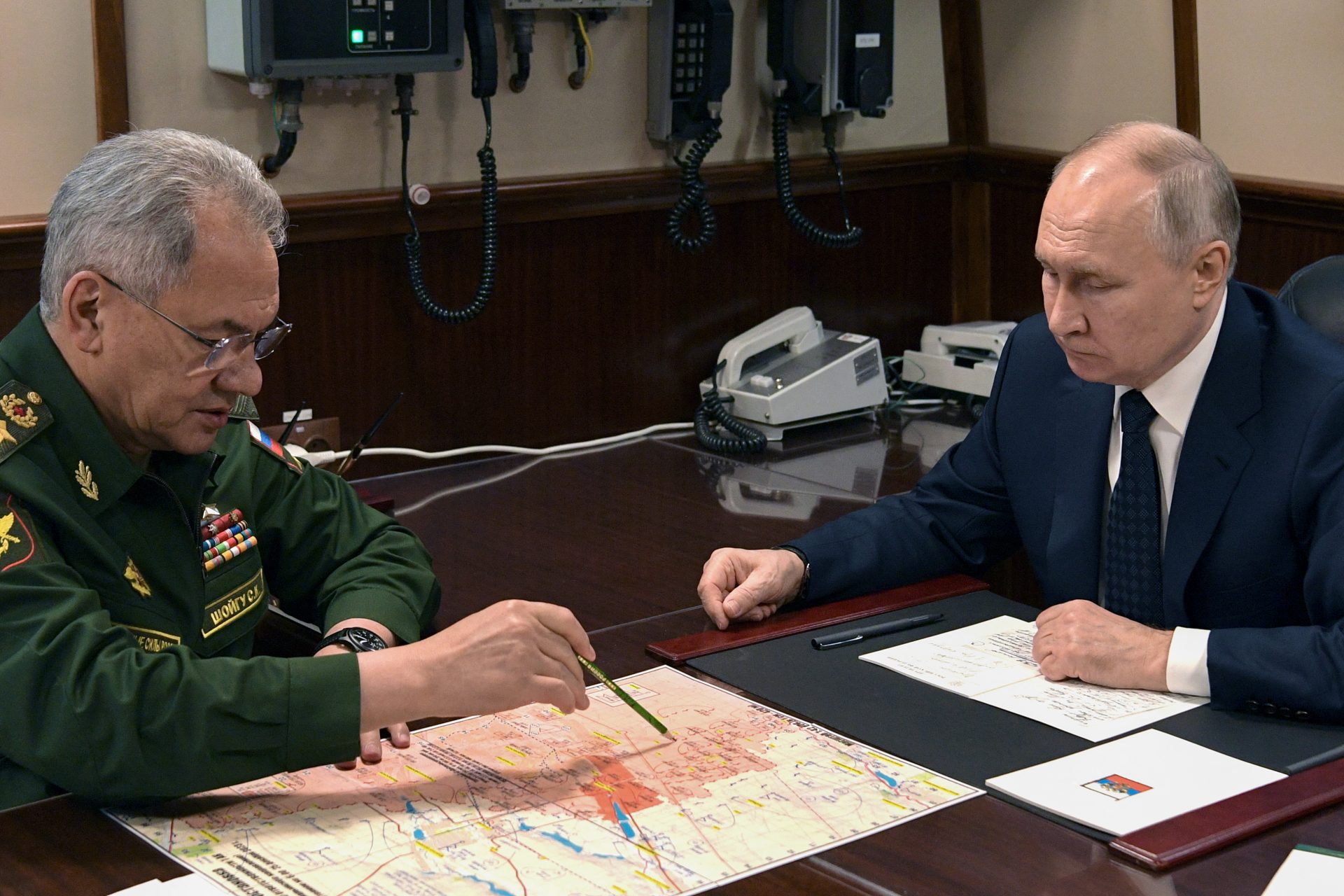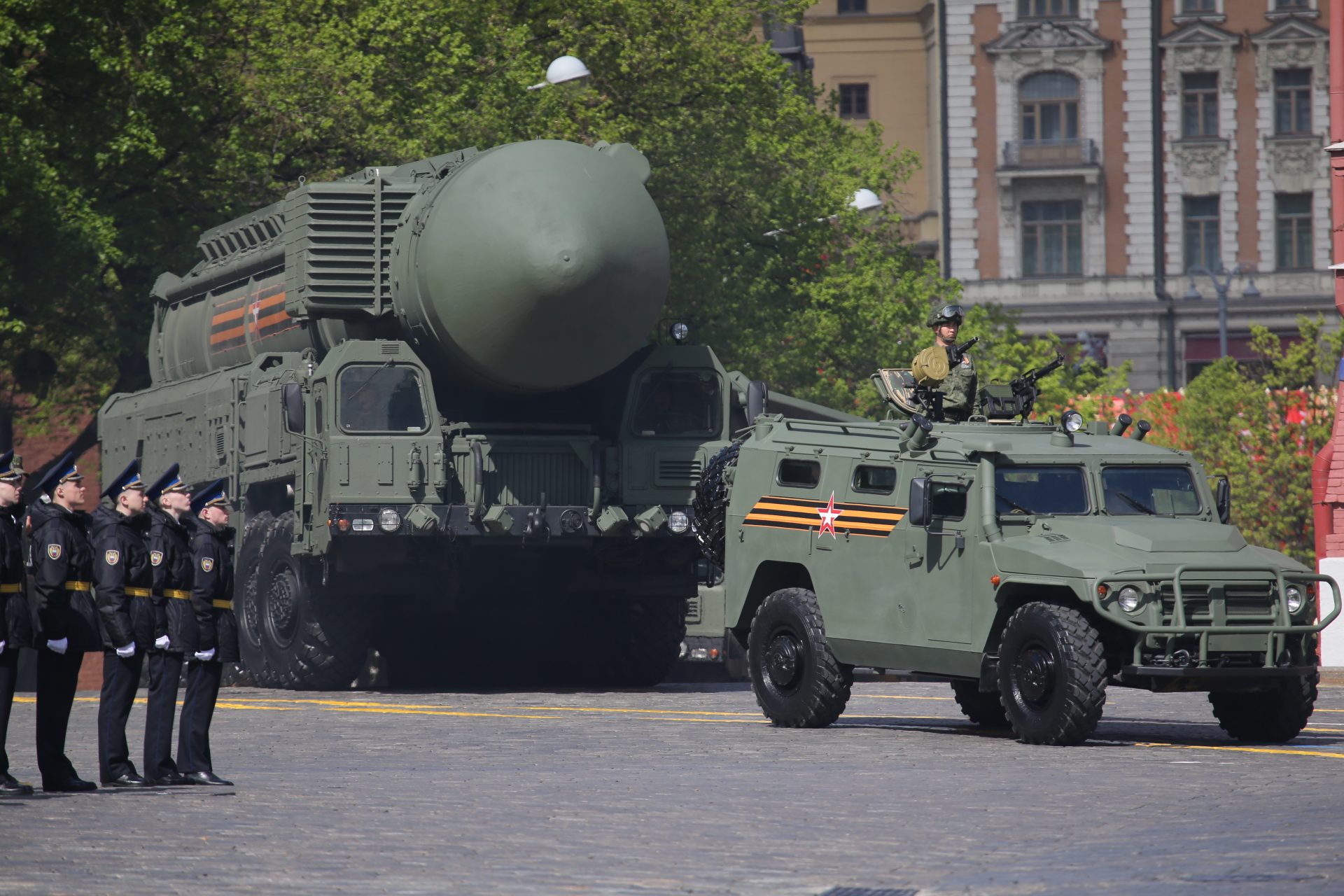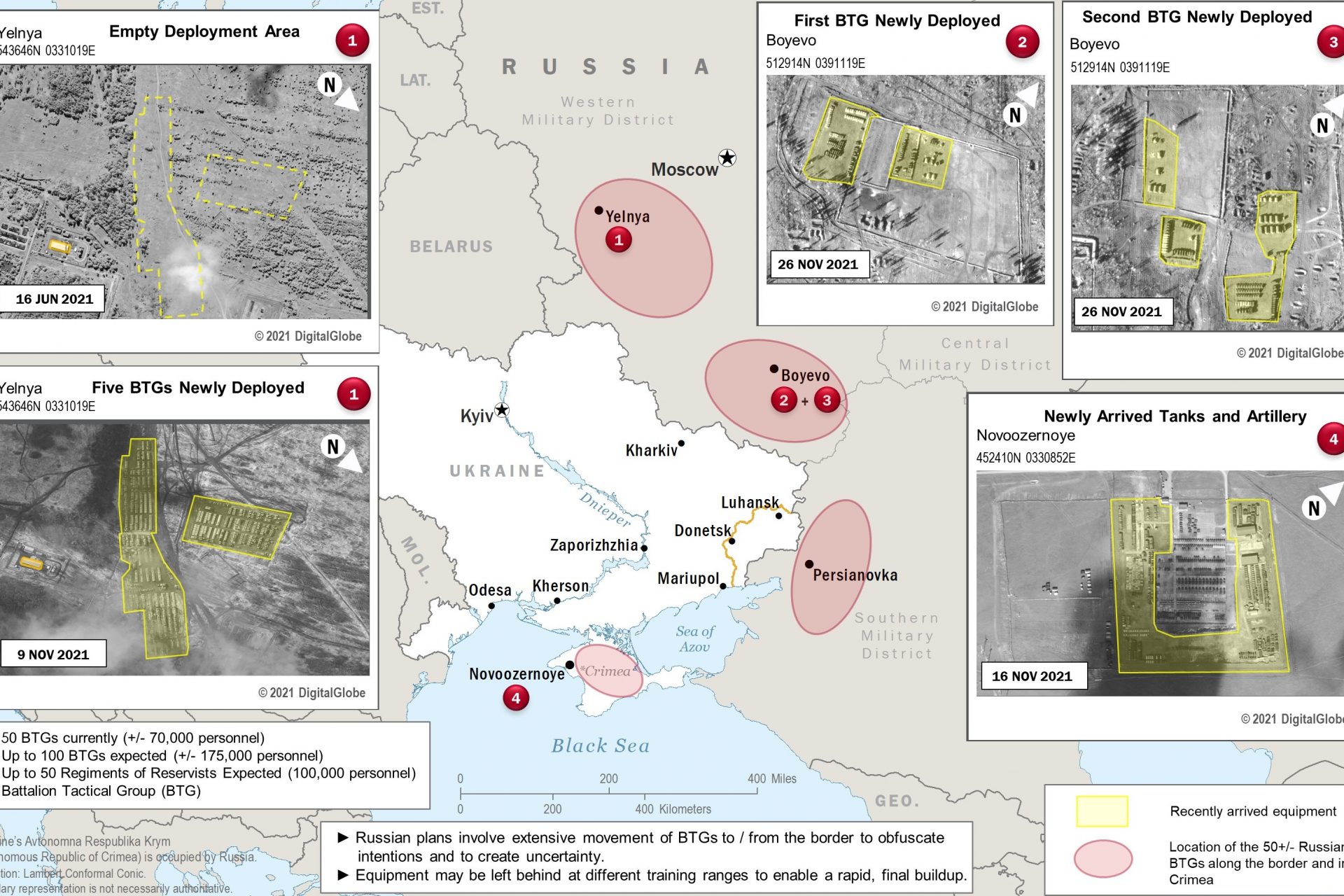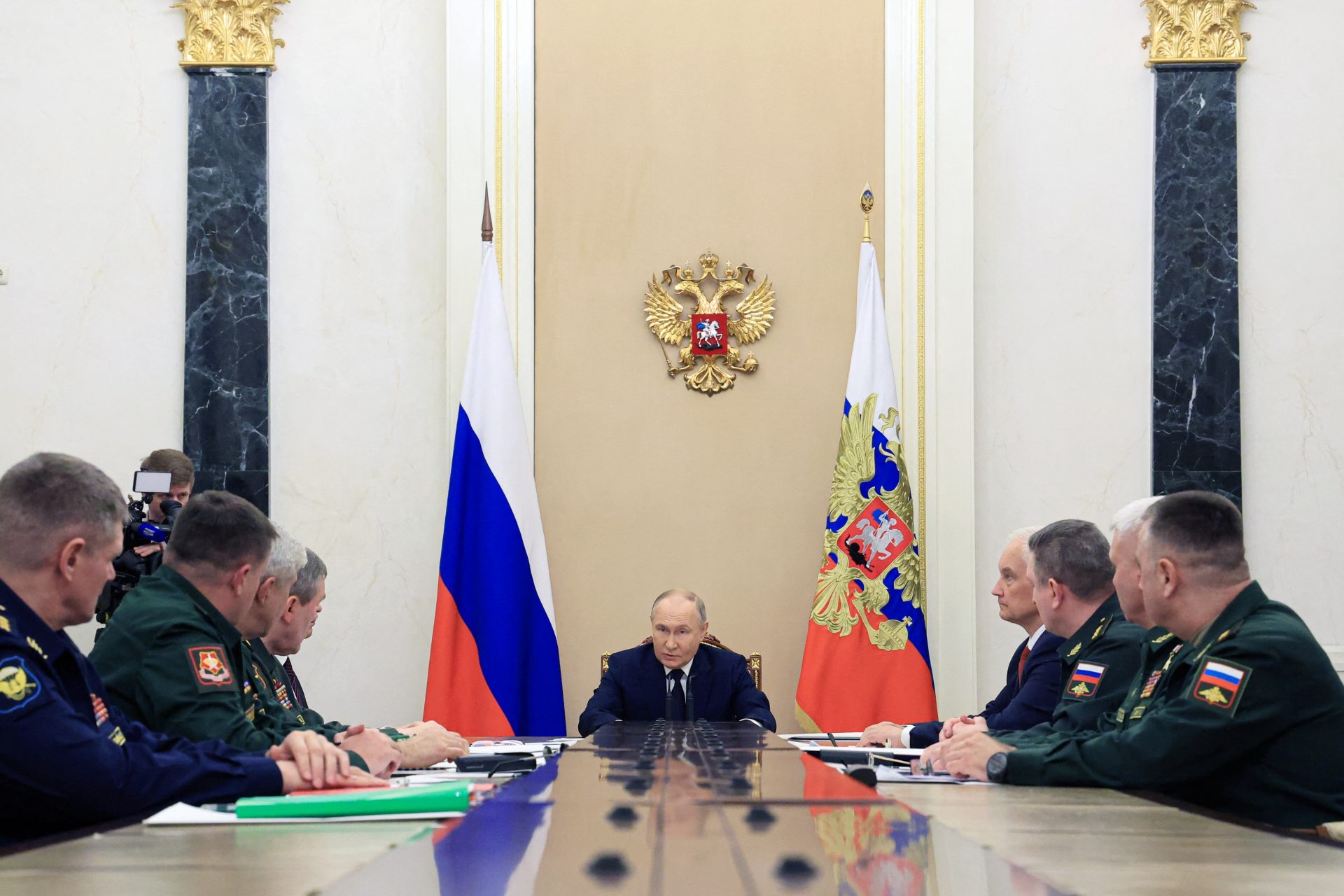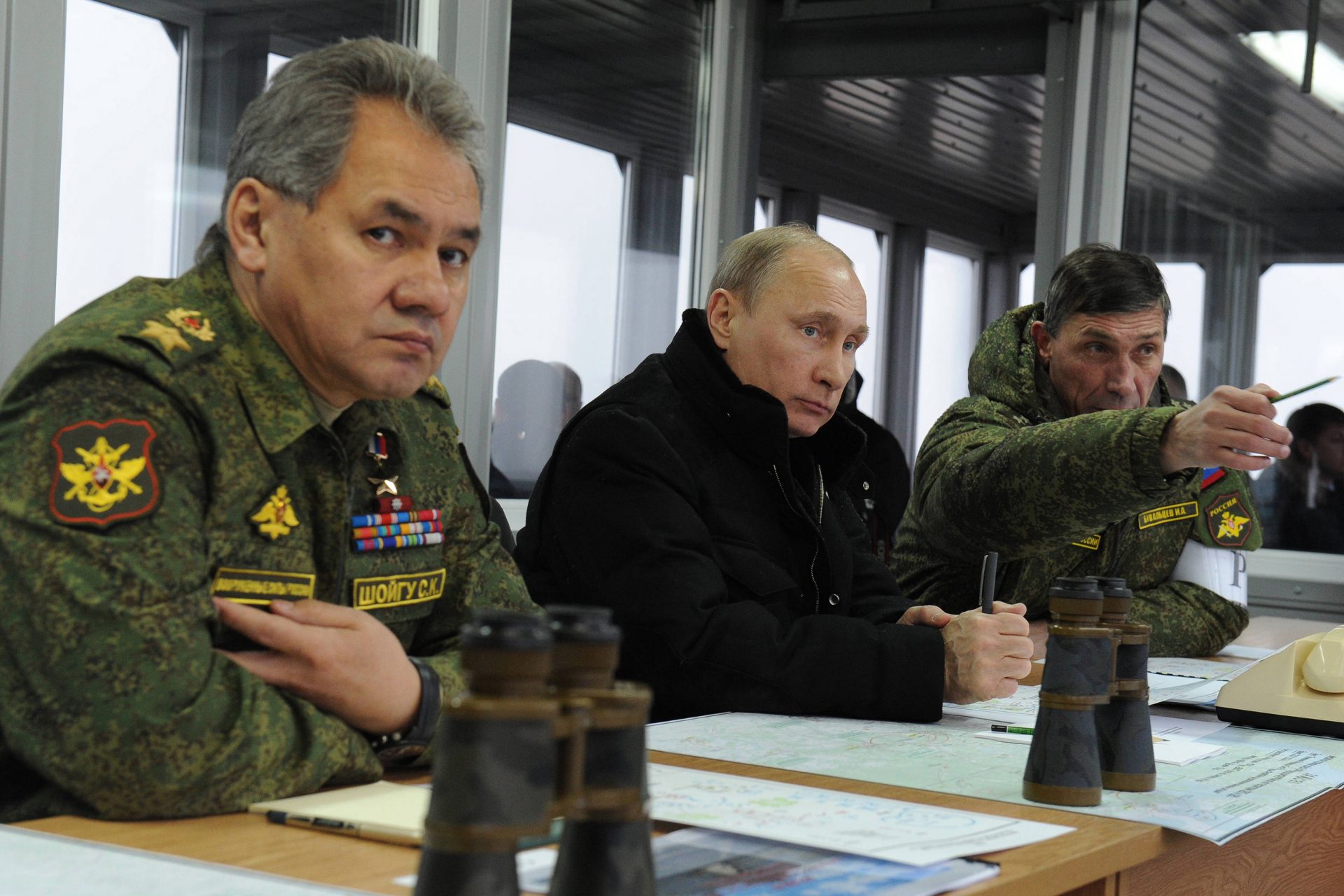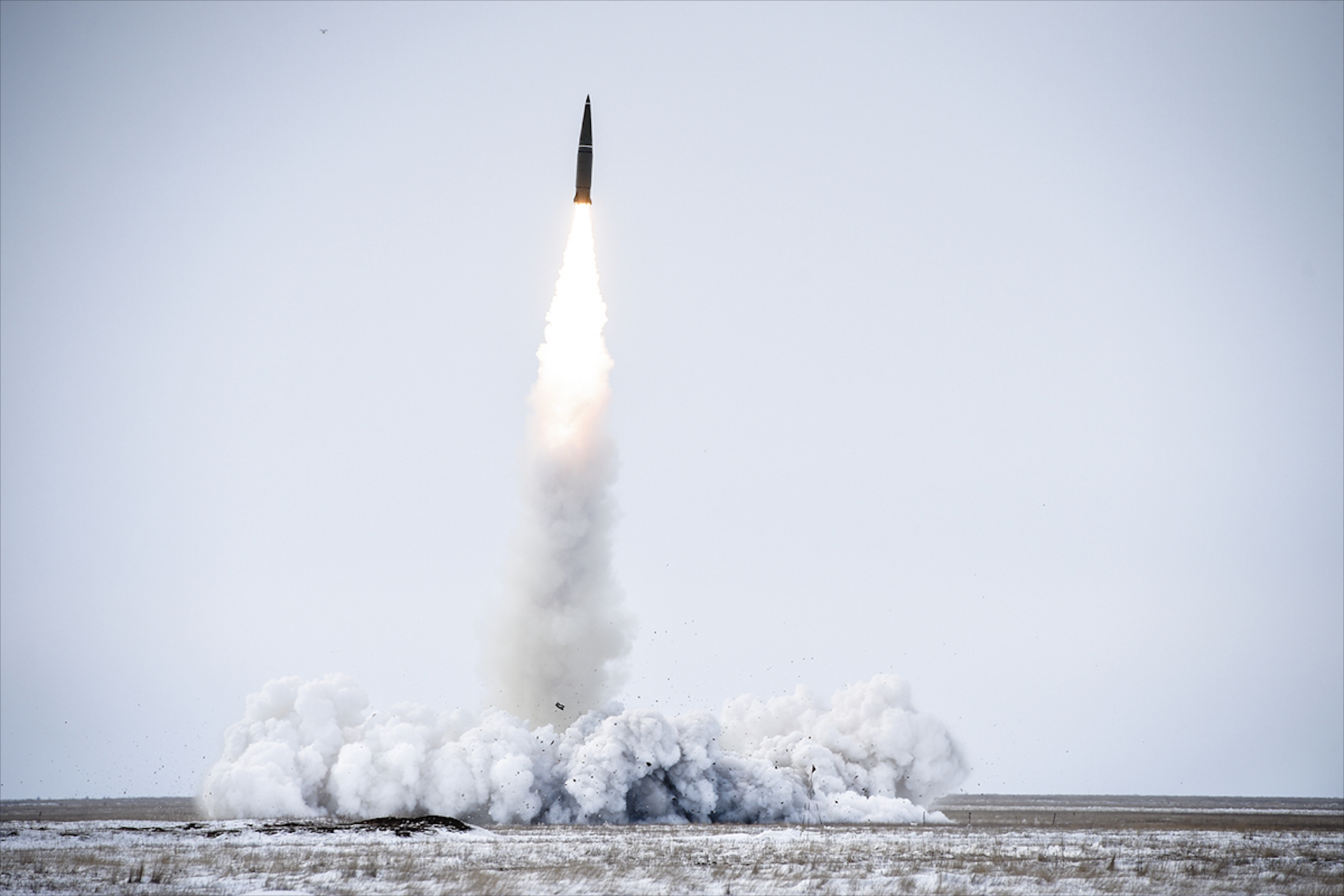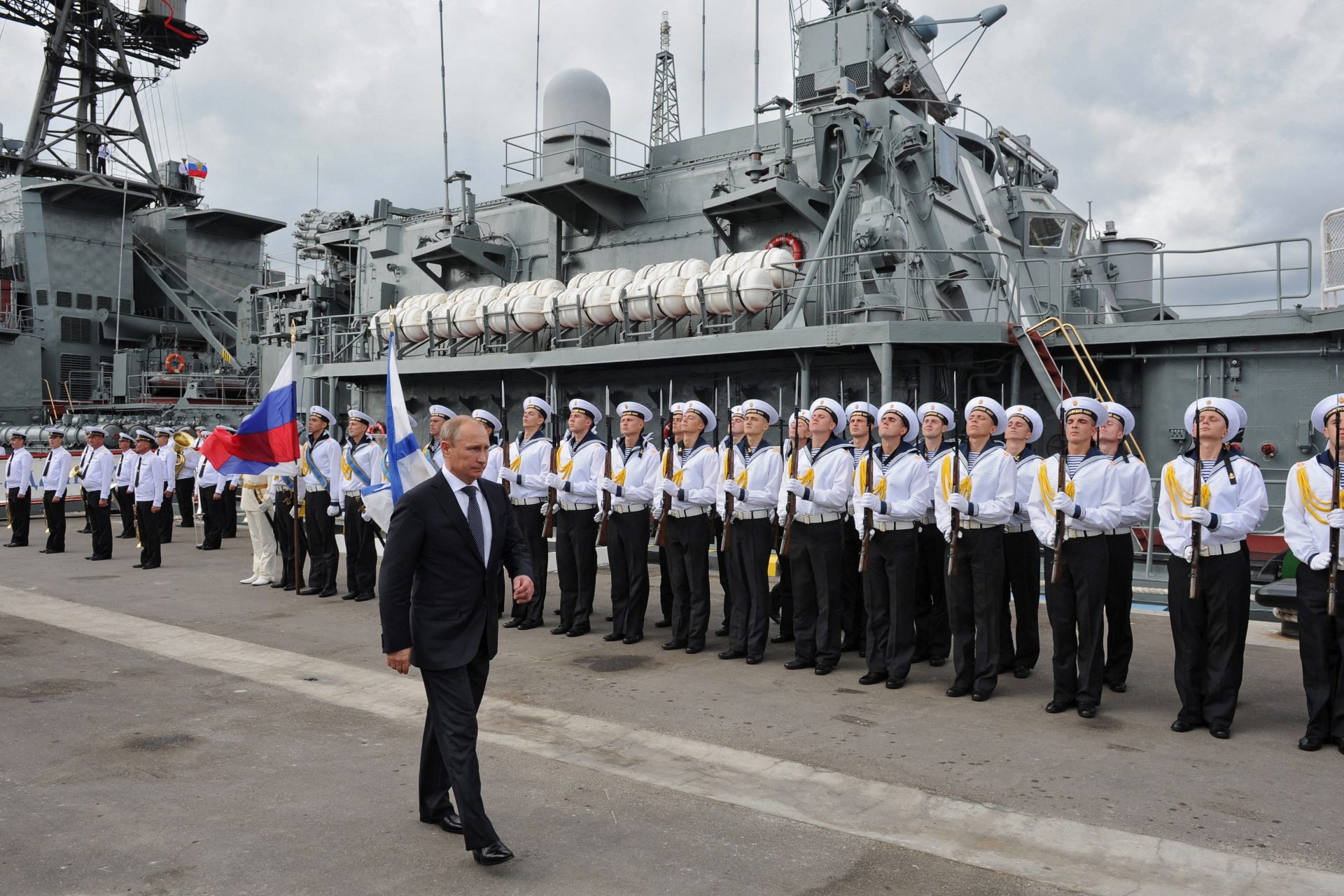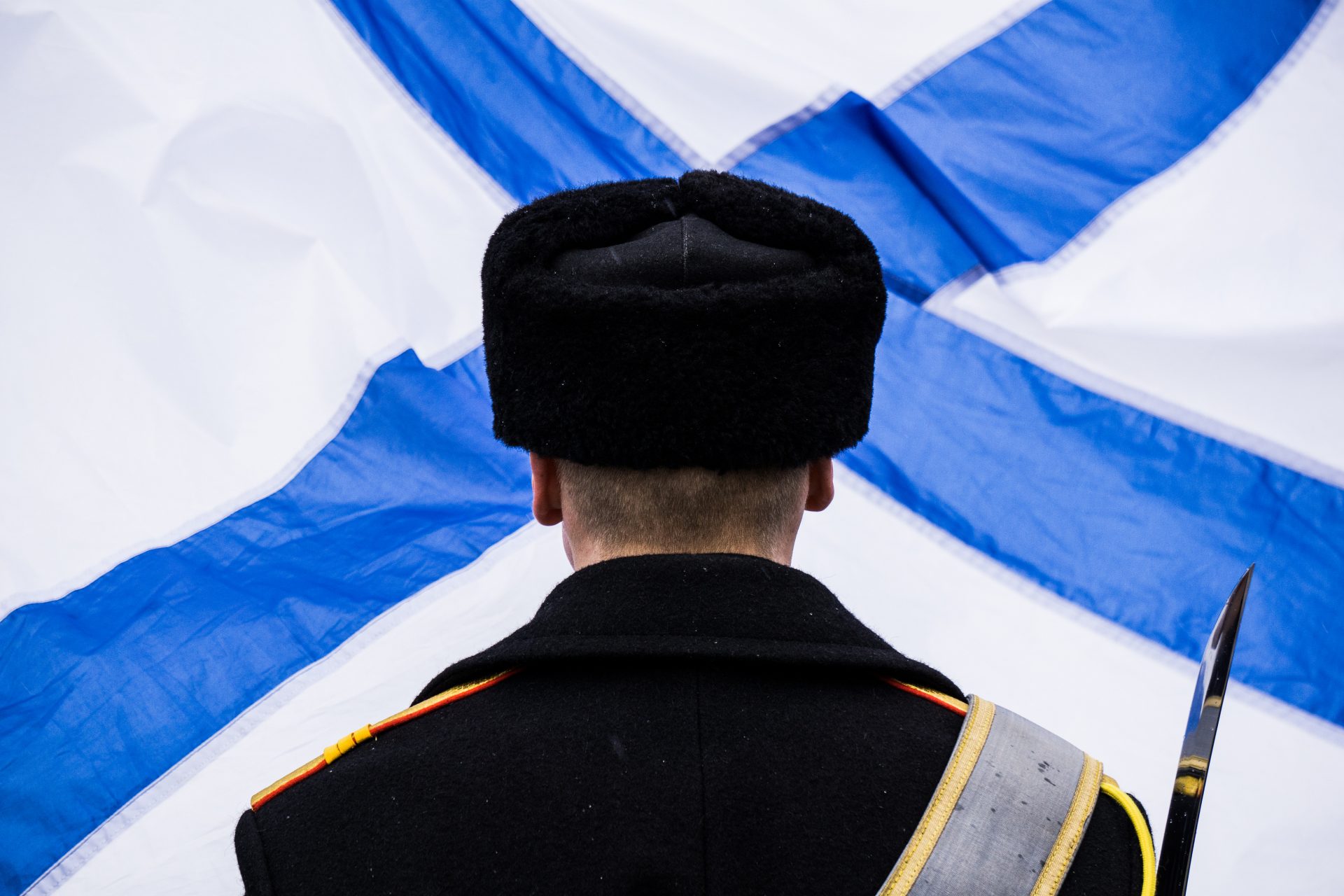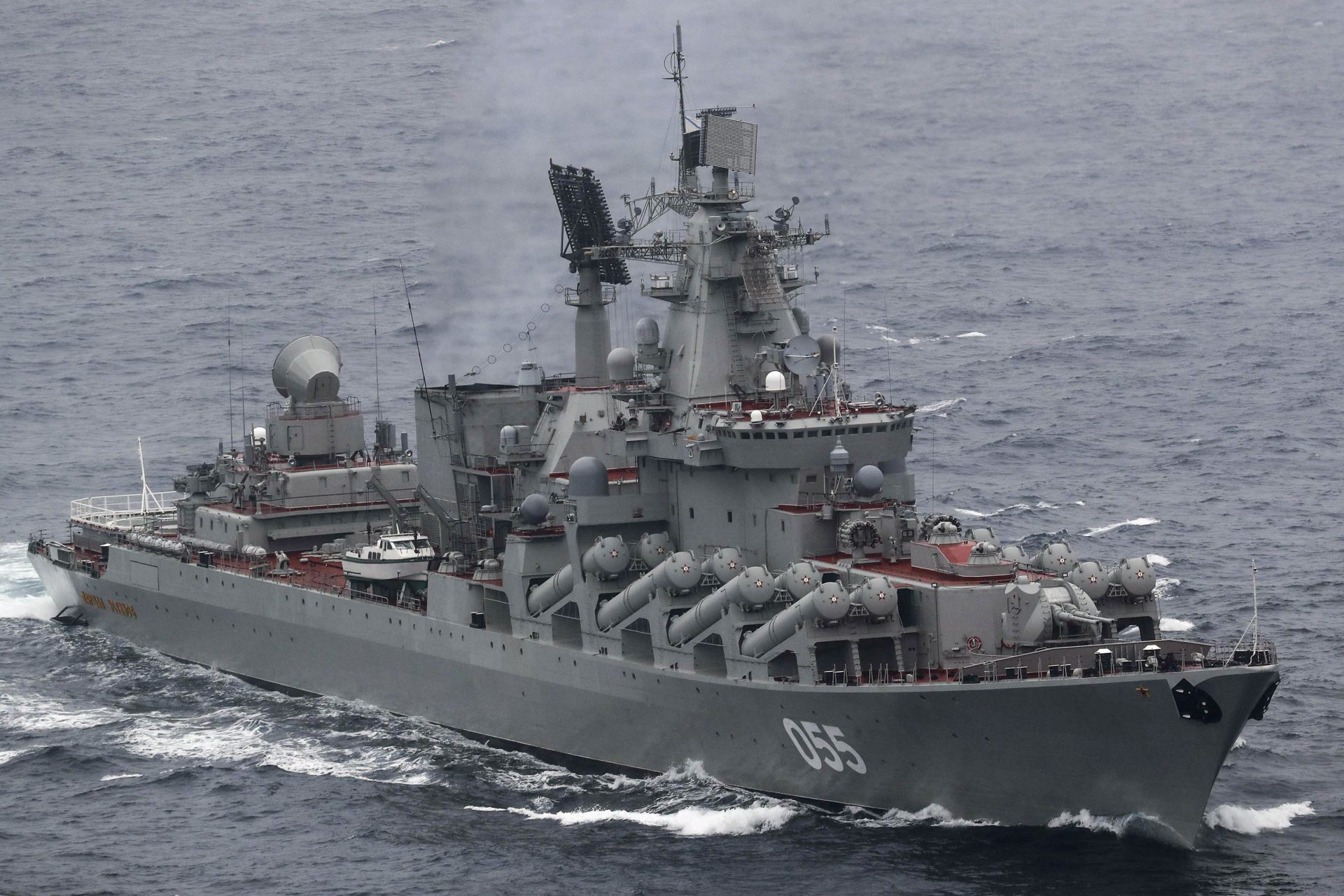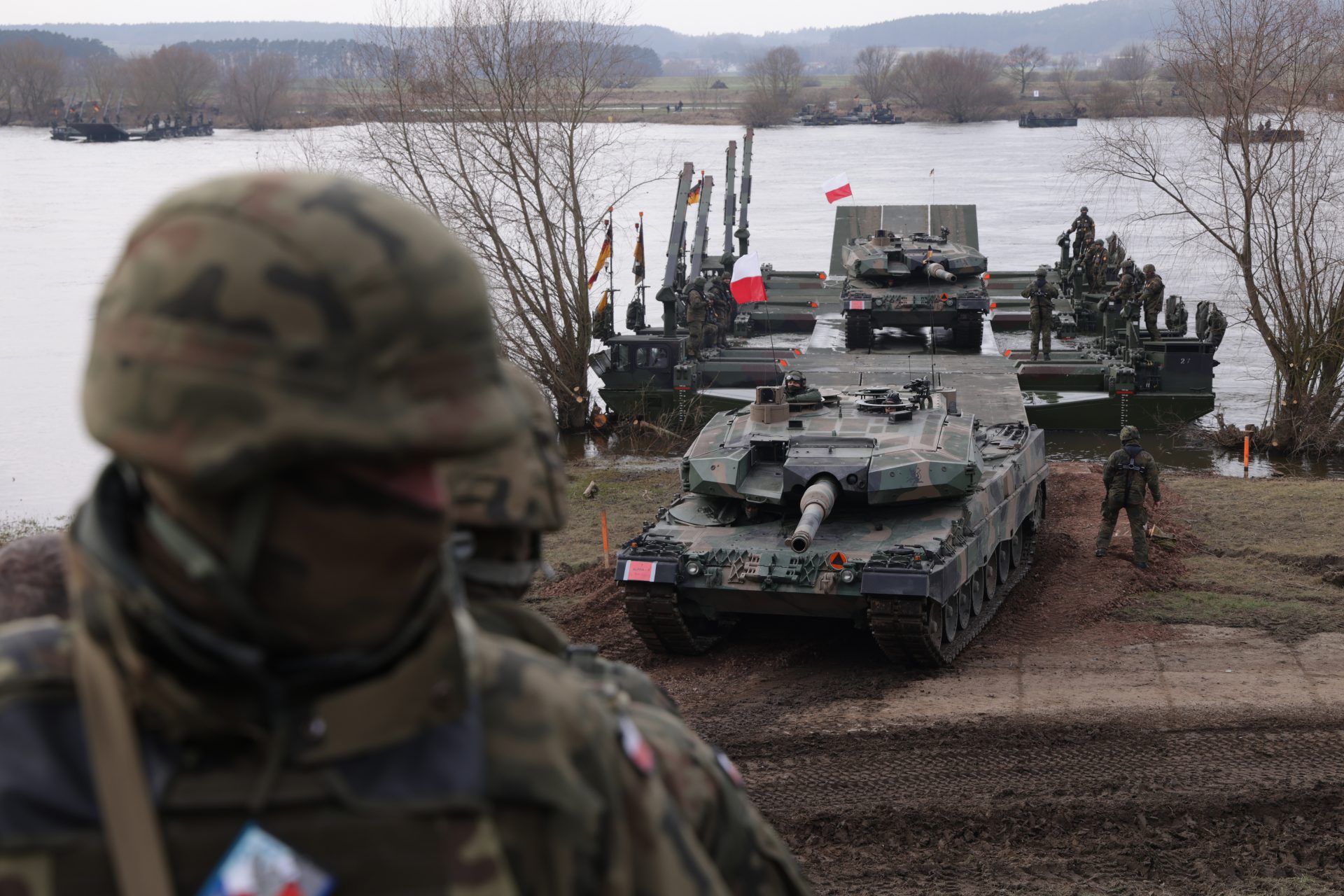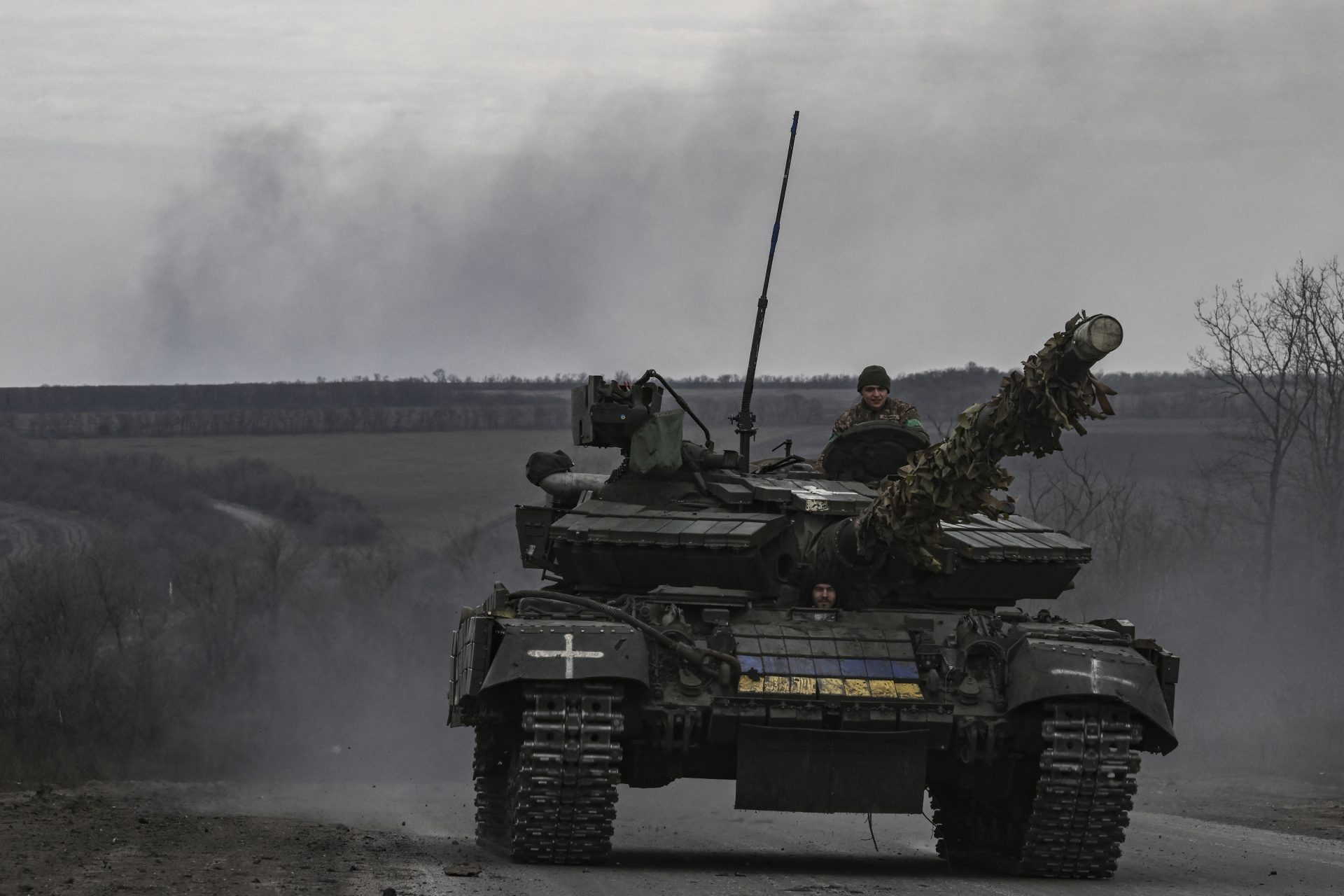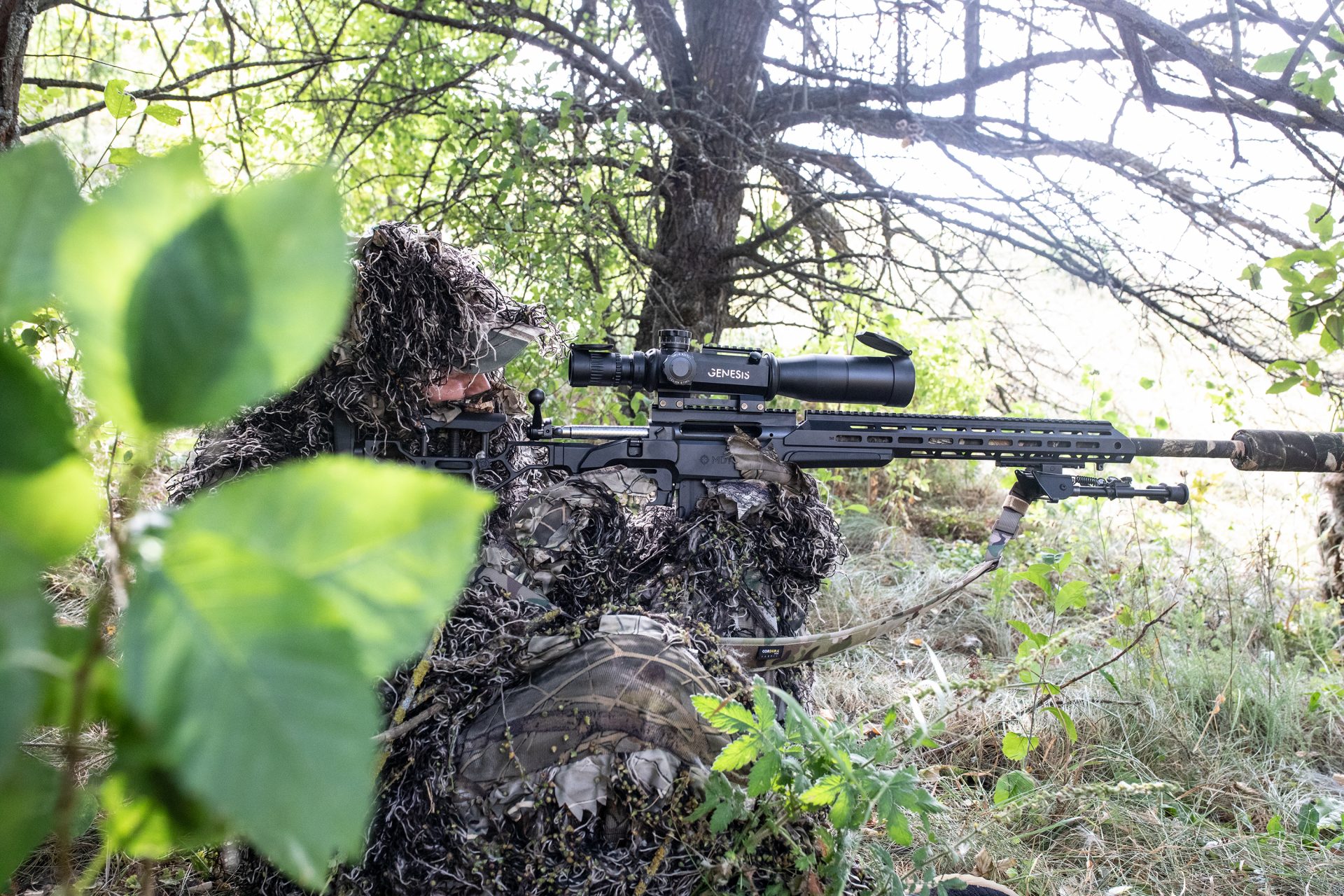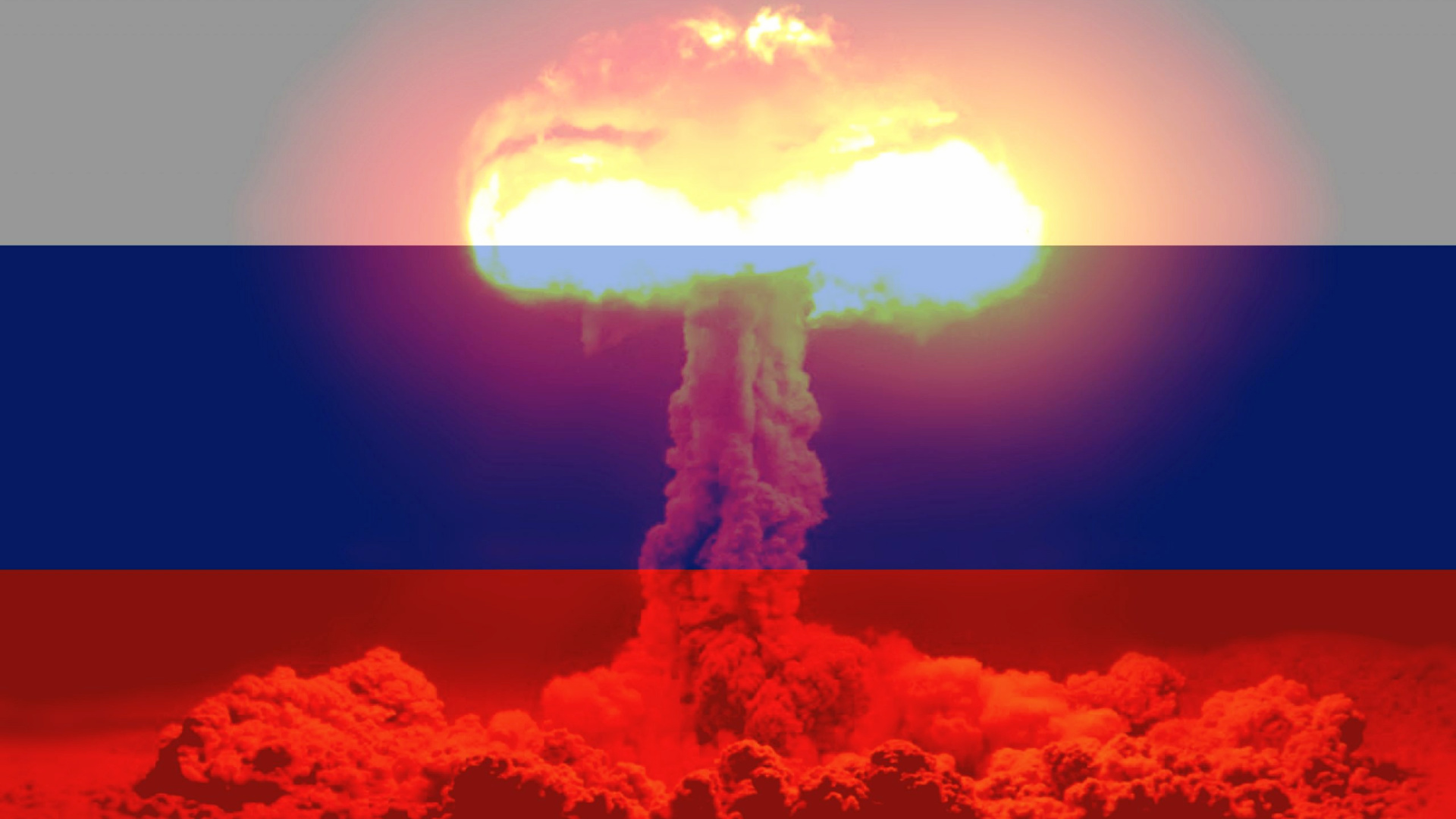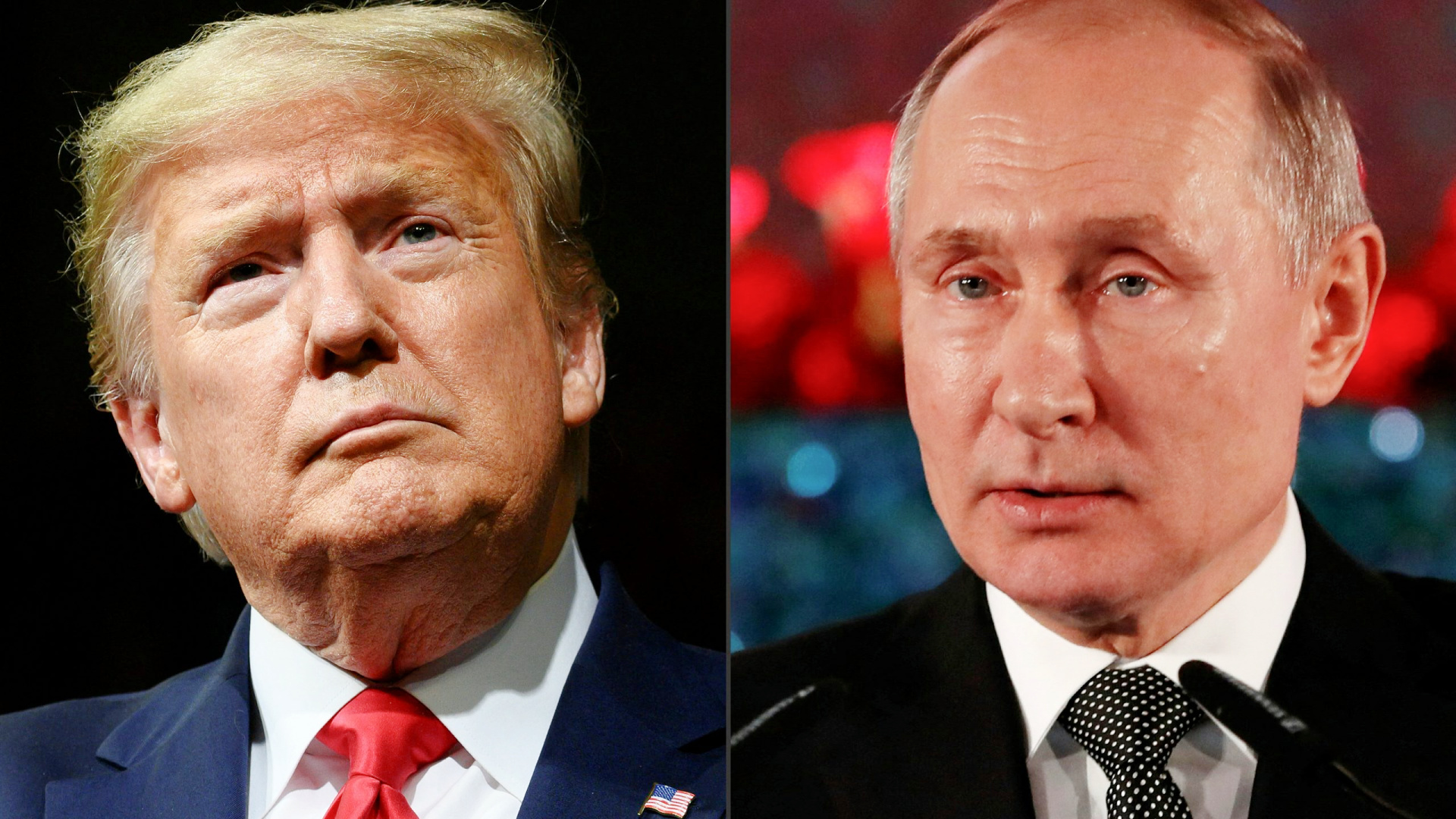Nuclear Showdown: Russian Navy Drills Stir NATO Concerns
Despite substantial military losses incurred since its invasion of Ukraine, Russia continues to be a potent military power. A report released this summer highlighted the extent of influence held by President Vladimir Putin.
Leaked documents have revealed that the Russian Navy was trained to strike deep into Europe with nuclear-capable weapons in the event of a conflict with NATO, according to an August 13th report from the Financial Times.
The new revelation comes from a cache of 29 secret Russian military files the Financial Times previously reported on in February 2024. The previous reporting revealed a wide variety of classified and concerning military secrets.
Russian forces had allegedly rehearsed using tactical nuclear weapons during the early stages of a global conflict and the classified documents included training scenarios that outlined what would happen if China invaded Russia.
According to the earlier report, the classified cache of documents included “scenarios for war-gaming and presentations for naval officers, which discuss operating principles for the use of nuclear weapons” wrote Max Seddon and Chris Cook.
Photo Credit: Wiki Commons By U.S. intelligence agencies (unclassified), Public Domain
The latest revelations from the leaked military files showed that in the event of a conflict with NATO, Moscow envisions a fight that would go beyond the frontier of the defensive alliance and has planned a series of overwhelming strikes across Europe.
The cache of classified documents were drawn up between 2008 and 2014, a period in which relations between Russia and the West were friendlier, and long before Moscow’s full-scale invasion of Ukraine in February 2022.
However, while the files may be older, they do provide insight into the Kremlin’s strategic thinking if a war broke out with NATO. For example, the classified documents outline the advantages of using a nuclear strike early in a conflict.
Photo Credit: Wiki Commons By Mil.ru, CC BY 4.0
“The document notes the navy’s ‘high maneuverability’ allows it to conduct “sudden and pre-emptive blows” and ‘massive missile strikes . . . from various directions’,” wrote Max Seddon and Chris Cook in their August 13th article for the Financial Times.
The document quoted by Seddon and Cook also added “that nuclear weapons are ‘as a rule” designated for use ‘in combination with other means of destruction’ to achieve Russia’s goals’”. But these weren’t the only concerning revelations.
One presentation included in the documents revealed the Russian Navy’s surface ships have retained their capability to carry nuclear weapons. There were also maps included in the files that detailed 32 sample NATO targets in Europe that Russia could strike.
Photo Credit: Wiki Commons By Lphot Seeley/ MOD, OGL v1.0
“Analysts who reviewed the documents said they were consistent with how NATO assessed the threat of long-range missile strikes by the Russian navy and the speed with which Russia would probably resort to nuclear use,” Seddon and Cook wrote.
Stimson Center Nonresident Fellow William Alberque explained to the Financial Times the targets included in the documents were a small part of “hundreds, if not thousands, of targets mapped across Europe… including military and critical infrastructure targets”.
More for you
Top Stories



